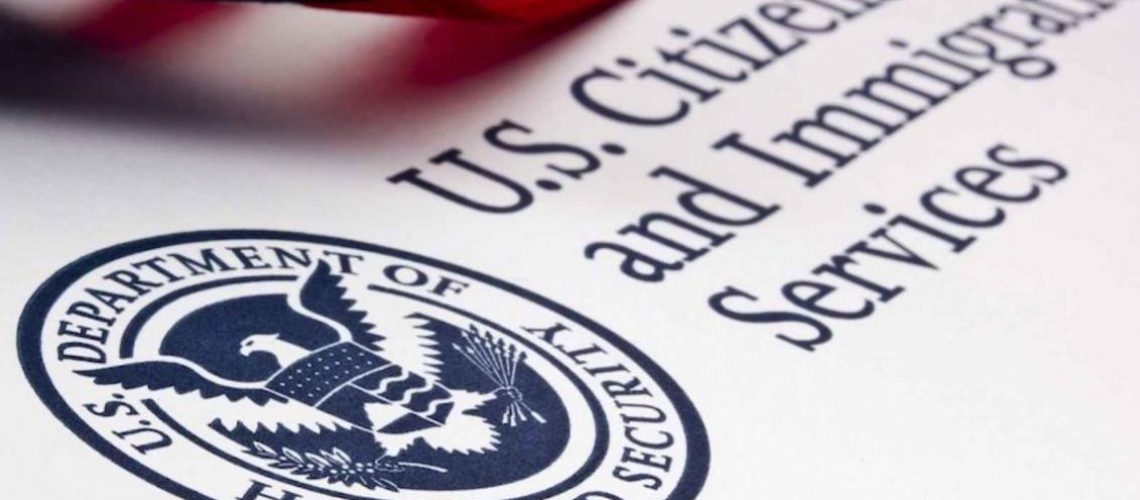In light of recent USCIS policy changes regarding denials and deportations, the following steps may help you prepare for adverse actions when requesting an immigration benefit.
Trump administration guidelines for summoning legal and undocumented immigrants before an immigration judge to start deportation procedures will expand again starting on Nov. 19.
The U.S. Immigration and Citizenship Services (USCIS) recently announced that its officials will have more leeway to issue so-called Notices to Appear (NTA) if an immigration benefit request has been denied.
USCIS started to implement a new protocol on Oct. 1 that expanded the number of reasons for issuing NTAs — a document issued to non-citizens instructing them to appear in immigration court. The NTAs traditionally mark the beginning of a deportation procedure.
USCIS has the legal authority to issue NTAs and has been so authorized for some time.
The new measure that takes effect next week will affect foreigners who entered the U.S. legally, and applied for an immigration benefit such as a visa. But now if their application, petition or benefit request gets turned down, their presence in the United States becomes immediately unlawful.
Previously, an immigrant had more time to re-petition or pursue other avenues to stay in the United States under a different status.
“If applicants, beneficiaries, or self-petitioners who are denied are no longer in a period of authorized stay and do not depart the United States, USCIS may issue an NTA,” the agency announcement said.
Starting Nov. 19, USCIS may issue NTAs based on denials of the following visas:
▪ I-914/I-914A, Application for T Non immigrant Status for victims of a severe form of trafficking.
▪ I-918/I-918A, Petition for U Nonimmigrant Status for victims of qualifying criminal activity.
▪ I-360, Petition for Amerasian, Widow(er), or Special Immigrant.
▪ I-730, Refugee/Asylee Relative Petitions for spouses and/or unmarried children under 21 years of age of refugees.
▪ I-929, Petition for Qualifying Family Member of a U-1 Non immigrant. (Violence Against Women Act self-petitions and Special Immigrant Juvenile Status petitions.)
▪ I-485 Application to Register Permanent Residence or Adjust Status (geen card applicants in the United States)
“It is expected that individuals who no longer have a lawful basis to remain in the United States will return to their home country. As such, notices to appear will generally be issued to VAWA, T, or U visa applicants or other petitioners who have failed to meet one or more of the eligibility requirements and are not lawfully present in the United States,” USCIS spokesman Michael Bars said in a statement.
“Importantly, individuals who apply for benefits, including VAWA, T, and U visas, continue to have rights to appeal negative decisions on their applications and petitions,” he added.
USCIS will not implement the memorandum with respect to employment-based petitions at this time. An agency official said that its priority are cases of individuals with criminal records, fraud or national security concerns.
The regulations announced in June also allow the deportation of legal immigrants if they violate federal or state programs related to “the reception of public benefits.” Since Oct. 1, immigration agents are able to issue NTAs for a wider range of cases involving fraud or criminal activity.
The USCIS policy memorandum states its purpose is to align with Trump’s executive order “for enhancing public safety,” which “articulated the priorities for the removal of aliens from the United States.”
USCIS Director, L. Francis Cissna has stated that the expanded NTA policy equips agency officials with “clear guidance they need and deserve to support the enforcement priorities established by the president, keep our communities safe, and protect the integrity of our immigration system from those seeking to exploit it.”


